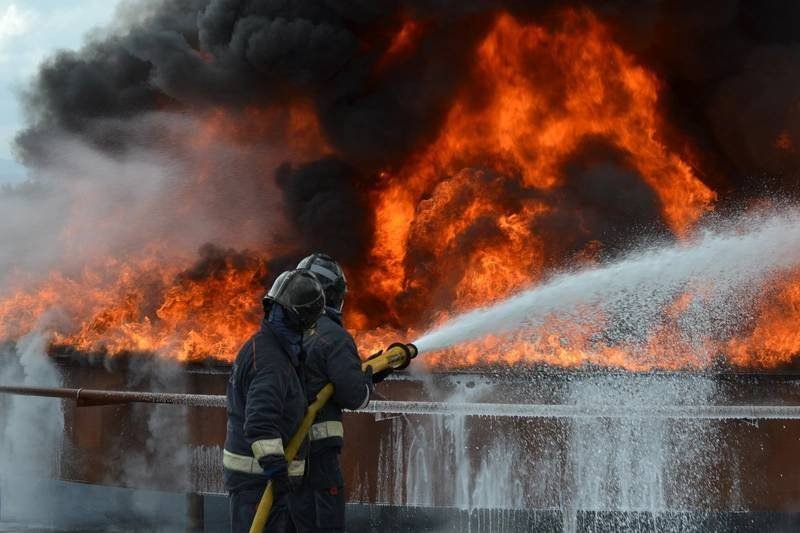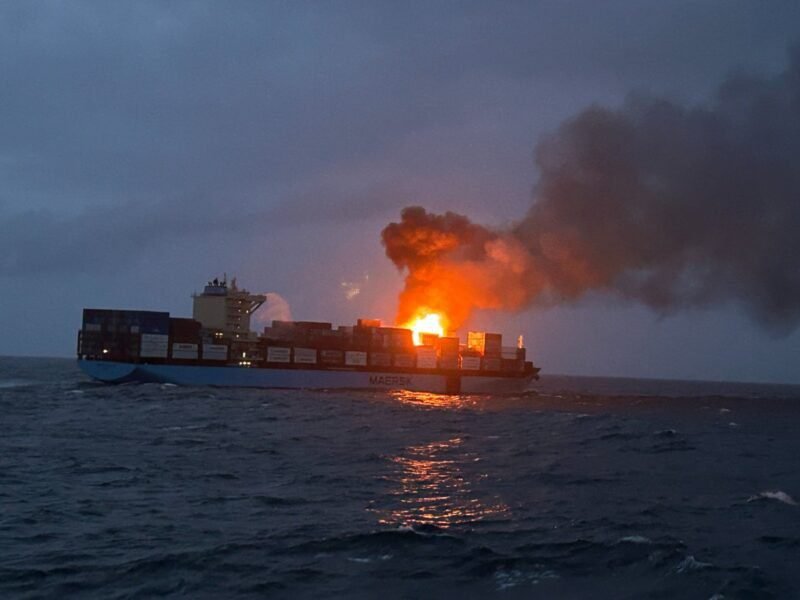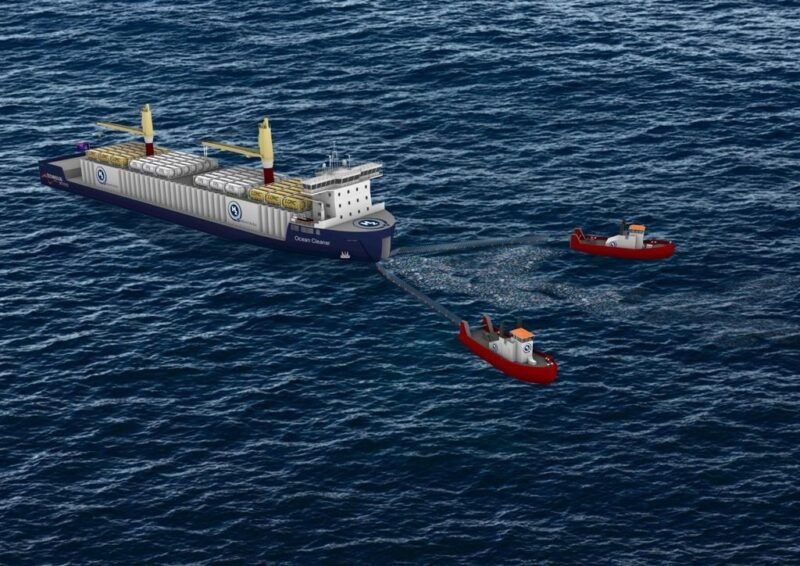Aqueous film-forming foam (AFFF) has been a popular choice for extinguishing fires on maritime vessels since the 1960s due to its effectiveness and affordability. However, concerns over health risks associated with its fluorinated materials have led to increased scrutiny in recent years. International restrictions were imposed in 2009 on perfluorooctanoic sulfonic acid (PFOS), a per- and polyfluoroalkyl substance (PFAS), under the Stockholm Convention on Persistent Organic Pollutants. In 2022, the International Maritime Organization introduced a regulation banning the use of fluorinated foams containing PFOS on ships by January 1, 2026. This impending deadline necessitates a swift transition to fluorine-free firefighting foam technology in the marine industry.
Marine vessels face various fire risks, particularly in areas like decks and machine rooms where electrical issues can arise from malfunctioning equipment, overloaded circuits, or damaged wiring. Floating production, storage, and offloading (FPSO) units used in the oil and gas industry also introduce unique fire hazards. To combat these risks, ships are equipped with fixed-deck systems with monitors, sprinkler systems, portable fire extinguishers, and handheld firefighting equipment. As the industry shifts towards fluorine-free regulations, these firefighting support systems will need to be updated to comply with the new standards.
Transitioning to fluorine-free foam may raise concerns about performance among marine organizations, but advanced solutions have proven to be as effective as traditional AFFF options. The U.S. Coast Guard recently issued the first Certificate of Approval for a synthetic fluorine-free foam concentrate, meeting stringent testing standards for marine firefighting. Several fluorine-free solutions certified by the International Maritime Organization are available, ensuring both effectiveness and safety. Collaboration with knowledgeable suppliers for system reviews and compliance checks will be crucial in ensuring a smooth transition to fluorine-free firefighting foams by the 2026 deadline.










